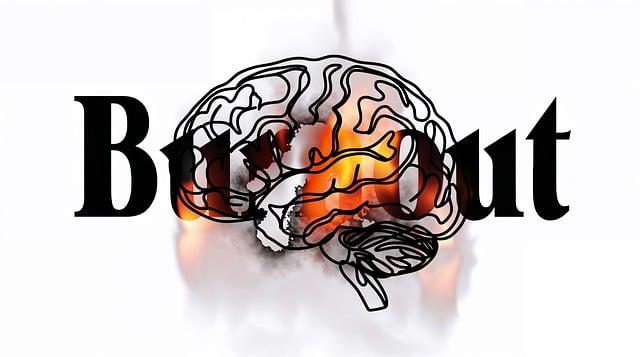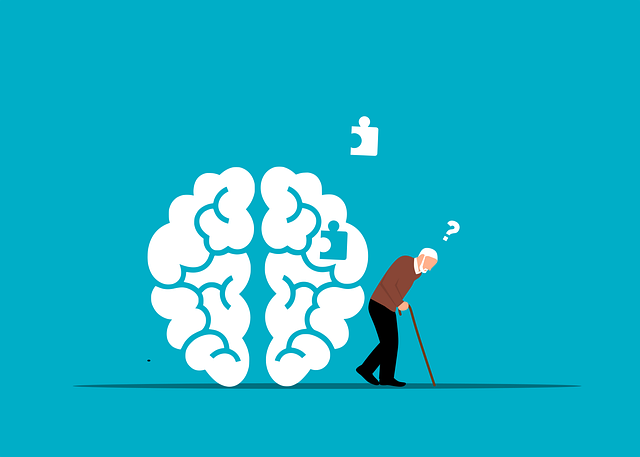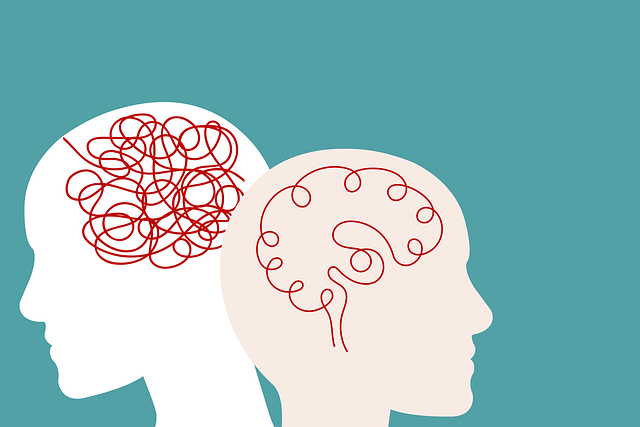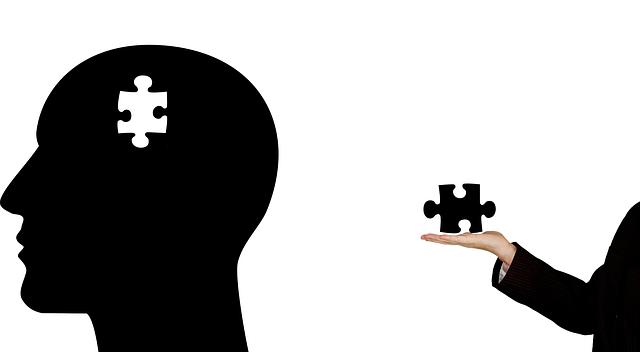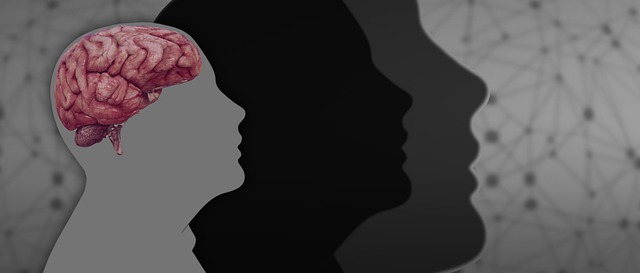In today's healthcare landscape, cultural competency is essential, especially in treating German-speaking teen patients. Understanding their cultural nuances, from privacy and communication styles to dietary considerations, builds trust and encourages open dialogue. Effective support for these teens requires specialized therapy addressing identity formation, peer dynamics, academic stress, and emerging sexualities. Cultural competency training for healthcare providers, including German-speaking therapists, is crucial. This training involves inclusive curricula, role-playing, case studies, and burnout prevention strategies to enhance patient relationships and tailor care. Recent advancements in therapy for German-speaking adolescent teens, through such training, have shown improved engagement, trust, and therapeutic outcomes, managing mood disorders effectively.
Cultural competency training is an indispensable tool for healthcare providers, especially in diverse communities. This article explores the critical role of cultural awareness in delivering effective treatment, with a focus on adolescent teens and unique considerations they present. We delve into language barriers, highlighting the need for German-speaking professionals to bridge communication gaps. Through case studies, we demonstrate successful cultural competency implementations in teen therapy settings, offering insights for designing comprehensive training programs.
- Understanding Cultural Competency in Healthcare: A Necessity for Effective Treatment
- The Unique Needs of Adolescent Teens: Age-Specific Considerations in Therapy
- Language Barriers and Their Impact on Care: The Importance of German-Speaking Professionals
- Designing Training Programs: Essential Components for Cultural Competency Education
- Case Studies: Successful Implementation and Outcomes in Teen Therapy Settings
Understanding Cultural Competency in Healthcare: A Necessity for Effective Treatment

In today’s diverse healthcare landscape, cultural competency is no longer a nice-to-have but an absolute necessity. Understanding and respecting different cultural backgrounds, beliefs, and values are essential for providing effective treatment to all patients, especially adolescent teens from German-speaking communities. Cultural competency involves recognizing that each individual brings their unique experiences and perspectives into the therapeutic setting, which can significantly impact their health outcomes.
For example, a German-speaking teen might have specific expectations regarding privacy, communication styles, or dietary preferences that must be considered in therapy sessions. Healthcare providers who are culturally competent are better equipped to build trust, facilitate open communication, and tailor treatments to meet the unique needs of these patients. This approach not only enhances therapeutic outcomes but also fosters a sense of inner strength development and effective stress management among adolescent teens from diverse cultural backgrounds.
The Unique Needs of Adolescent Teens: Age-Specific Considerations in Therapy

Adolescent teens face unique challenges and have specific needs when it comes to therapy. This age group is going through a crucial period of physical, emotional, and cognitive development, which can significantly impact their mental health and well-being. Cultural competency training for healthcare providers is essential to effectively support German-speaking teen patients from diverse backgrounds.
Therapy for adolescent teens requires tailored approaches that address their distinct concerns, such as identity formation, peer relationships, academic pressures, and emerging sexualities. Mental wellness coaching programs designed for this age group should focus on building resilience, improving self-esteem, and teaching coping strategies to navigate the complexities of adolescence. Additionally, considering burnout prevention techniques is vital, as teens are increasingly exposed to high-stress environments, both at home and in school.
Language Barriers and Their Impact on Care: The Importance of German-Speaking Professionals

Language barriers can significantly impact healthcare delivery, especially when serving diverse communities. For adolescents seeking therapy, this challenge is heightened as they navigate sensitive mental health issues. In regions with a substantial German-speaking population, such as in certain parts of North America, ensuring access to care in their native language is crucial.
German-speaking professionals bring a unique skill set to healthcare settings. They can provide not only linguistic support but also cultural understanding, fostering better patient-provider relationships. This competency is vital for building empathy and trust, particularly with adolescent teens. Moreover, implementing community outreach programs focused on mental wellness and producing multilingual mental wellness podcast series can help address these language barriers, ensuring that all patients receive culturally competent care tailored to their needs.
Designing Training Programs: Essential Components for Cultural Competency Education

Effective cultural competency training programs are essential tools to prepare healthcare providers, especially those offering therapy for adolescent teens, such as German-speaking therapists, to work with diverse populations. When designing these programs, several key components should be considered. Firstly, ensuring an inclusive curriculum that covers a wide range of cultural topics is vital. This includes exploring various ethnic backgrounds, religions, and social determinants of health to foster empathy and understanding. Secondly, interactive and engaging activities are powerful tools for learning. Role-playing scenarios, group discussions, and case studies allow participants to practice applying cultural competency in realistic contexts.
Additionally, incorporating self-esteem improvement techniques, compassion cultivation practices, and burnout prevention strategies can enrich the training experience. These elements empower healthcare providers with skills to navigate complex interpersonal dynamics, enhance patient relationships, and manage their own well-being. By integrating these components, training programs can offer a comprehensive educational journey, enabling German-speaking therapists to provide culturally sensitive care tailored to the unique needs of adolescent teens from diverse backgrounds.
Case Studies: Successful Implementation and Outcomes in Teen Therapy Settings

In recent years, healthcare provider training in cultural competency has gained significant importance, especially within teen therapy settings. Case studies highlighting successful implementations have shown remarkable outcomes. For instance, a study focusing on German-speaking adolescent teens demonstrated the impact of culturally sensitive therapy approaches. By incorporating strategies tailored to their cultural backgrounds and unique challenges, therapists were able to enhance the therapeutic experience. This approach led to improved engagement, enhanced trust between patients and providers, and better outcomes in areas such as resilience building and stress reduction methods.
The study further underscored the effectiveness of teaching healthcare professionals about cultural competency, particularly in managing mood disorders among teens. By understanding and addressing cultural barriers, therapists could employ more effective interventions, including evidence-based practices for mood management. These initiatives not only improved clinical outcomes but also fostered a sense of belonging and acceptance within the therapeutic environment, ultimately contributing to positive mental health journeys for German-speaking adolescent teens.
Cultural competency training is a game-changer in healthcare, especially when tailored to the unique needs of adolescent teens. By addressing age-specific considerations and overcoming language barriers, such as ensuring adequate German-speaking professionals, providers can significantly improve treatment outcomes. The case studies presented demonstrate that comprehensive cultural competency education, incorporating diverse real-world scenarios, leads to successful implementations in teen therapy settings. These findings underscore the importance of continuous professional development to deliver culturally sensitive care, fostering better patient relationships and overall well-being.




